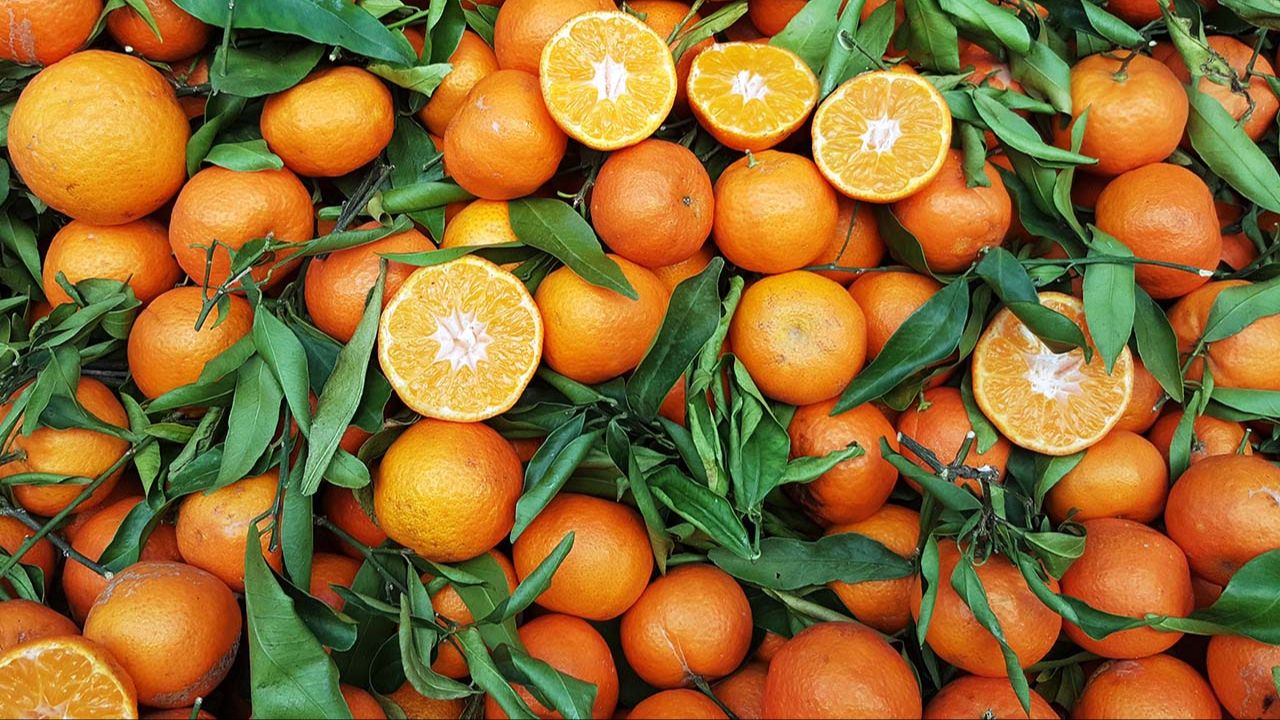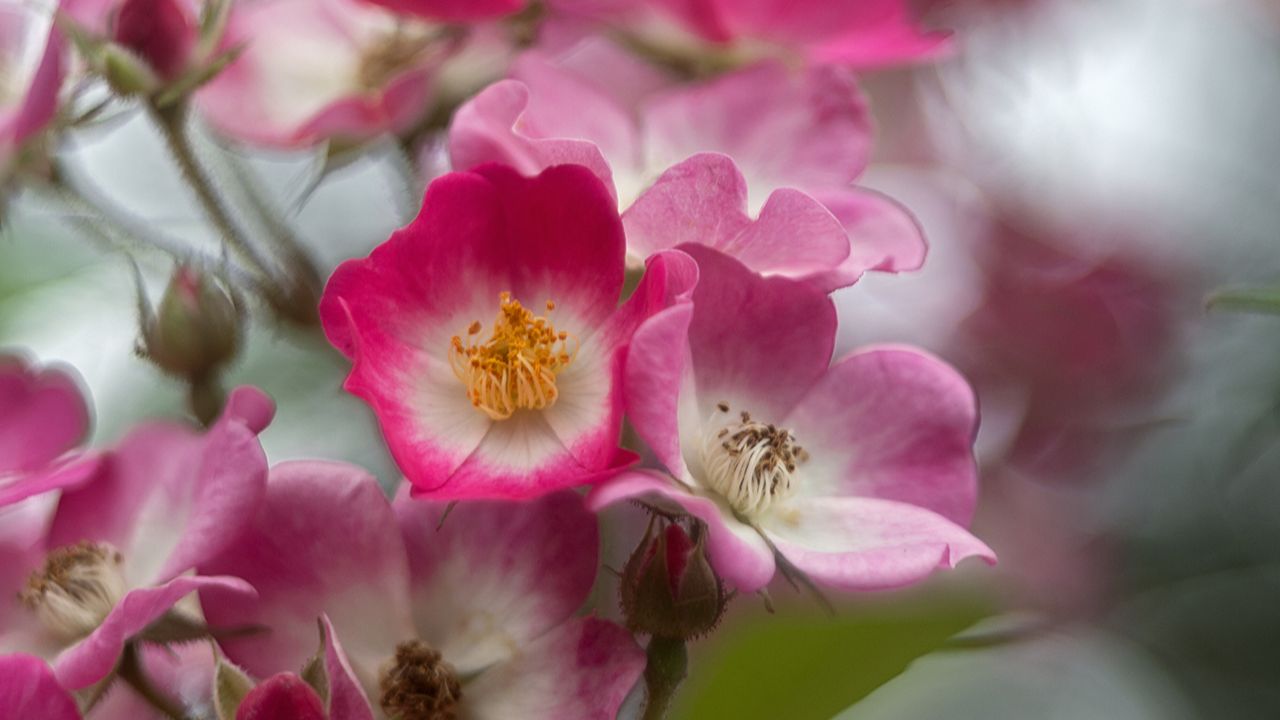
Herb Notes: The Benefits of the Herb Plantain
Chances are you’ve probably stepped on your fair share of the herb plantain (Plantago major, P. rugelii, and P. lanceolata). This abundant medicinal plant loves to grow within pathways and even the most well-manicured lawns. It’s so prolific, in fact, that when many people see it growing wildly in their yard they weed it out and hope it doesn’t come back.
But herbalists know that this common herb offers many extraordinary healing gifts. Not only is plantain a first aid superstar, it also helps with more chronic issues too.
Let’s dive into 3 benefits of the herb plantain…
1. Plantain Benefits: Plantain for Minor Wounds
The herb plantain is a vulnerary. You might be wondering, what “vulnerary” means: vulneraries are herbs that can help support wound healing. A poultice with plantain’s fresh leaves can help promote tissue repair in minor wounds — like scratches and scrapes — and it also has antibacterial properties so it can help prevent bacterial growth in wounds as well. Plus, plantain is an herbal drawing agent, meaning it can help draw out small splinters.
2. Plantain Benefits: Plantain for Gut Health
Just as the herb plantain works as a topical vulnerary to promote tissue repair, it can also work as an anti-inflammatory vulnerary along the digestive tract. I often drink dried or fresh plantain leaf tea to soothe my stomach, and I also swish with plantain tea when I get canker sores.
3. Plantain Benefits: Plantain for Skin Health
As a cooling, anti-inflammatory herb, plantain excels at supporting mild red, itchy skin issues like dry skin, sunburns, and insect bites. I often include plantain in my all-purpose salves and lotions because it is so versatile and calming for skin inflammation. Just last week I was grateful to have plantain salve on hand on a camping trip when the mosquitoes unexpectedly came out and left me and my friends with a lot of itchy bug bites.
A few frequently asked questions about the herb plantain…
What is broadleaf plantain herb used for?
Broadleaf plantain (Plantago major and Plantago rugelii) is one of the two types of plantain commonly used as a medicinal herb. The other type is narrowleaf or ribwort plantain (Plantago lanceolata). All of these species can be worked with interchangeably and offer the benefits I’ve noted above.
What does plantain herb taste like?
Plantain leaves have a minerally/salty and bitter taste. Plantain seeds have a milder taste and are very mucilaginous.
Where is plantain herb found?
Common plantain grows throughout the world and is often thought of as a “weed” because it rebelliously grows in pathways, disturbed soils, garden beds, and in lawns.










